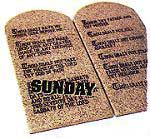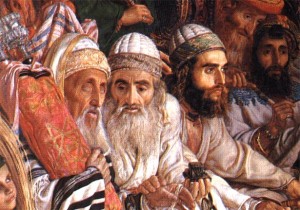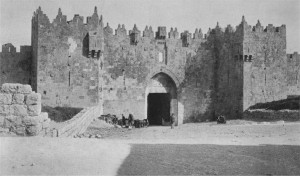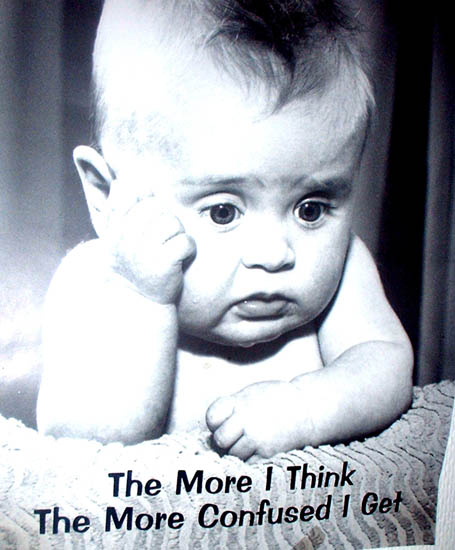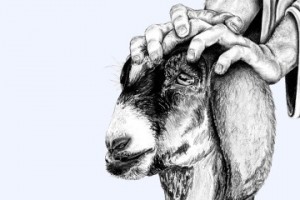 Dear Older Brother of the Tribe of Judah,
Dear Older Brother of the Tribe of Judah,
I would appreciate it if you would not refer to me as a gentile. I am not. I am as much Israel as you are, perhaps more. This would depend on your status with the Mashiach. I know him, do you?
It is has never been about the natural seed. If it was, I believe Scripture would read a little differently. After all, we have Cain, Ishmael, Esau and on down the line. All had natural seed and were tares just the same. It seems that the natural lineage so greatly boasted upon falls to the second born. Those Patriarchs of faith and obedience. Seems similar to those saints mentioned in Rev 14:12.
Besides all that:
Matthew 3:9 And think not to say within yourselves, We have Abraham to our father: for I say to you, that God is able of these stones to raise up children to Abraham.
Yes, indeed, I am a grafted in branch. I do not boast against the natural branch. The thing is, we have the same root and the same netzer. Yes, the same branch, a Netzerine. Yes, Yeshua of Nazereth. The Torah made flesh.
I walk in Torah with all my heart and understanding, however limited that may be. I have my righteousness given by the confession of the blood of the Lamb of the Most High Elohim of Abraham, Issac and Jacob. Don’t you dare call me a non-believing second rate gentile. I am a child of the Most High Yahweh, a child of the promise given to Abraham. Abraham, a non-Jew, I might add. I have my place at the table as I am, was, and will be sheep of the Tribe of Israel. Dispersed or not.
Sincerely,
Your Little Brother,
Ephraim
PS. A shout out to the invite to Tikvat Israel in Virginia. Thanks but no thanks. I don’t take too kindly to your second rate citizen bit as it seems strongly contrasted to the Scriptures I read. That would be from Moshe onward.

